Schiff’s history of Cleopatra exposes how little we know about the queen of Egypt. “The Father loving Goddess” lived in a time and place largely lost to us through bias, confabulation, war, and the tragic destruction of The Library of Alexandria. This book introduces how much the world has lost, how many voices and ideas we will never know, and how skewed ancient history is because of the few surviving writings. I loved how Schiff included varying and contradicting accounts of Cleopatra’s life; the book is also an examination of the writers of history.
Ancient Egypt is a foreign place to me, but Schiff incredibly reconstructs the palace in Egypt, politics in Syria and Rome, the inconsequential Judea, and the rivers, seas, and land that connect them. The book attempts to humanize the legend by rounding out the preexisting, and usually hyperbolic, narratives about Cleopatra. One of the ways it does this is through setting. I am a Christian, and I have been little exposed to the politics and power of BC Egypt and the surrounding countries. This book creates a world where Cleopatra can be better understood.
Now, when I think of Cleopatra, I think of a mother. A woman whose story is incomplete and substantially defined by the men who impregnated her possibly loved her or hated her. A human who named herself “Goddess.” Not only does this book explore Cleopatra’s humanness and historical significance but all the while exposes the fluidity of history and truth. History is told and manipulated by those who write it.



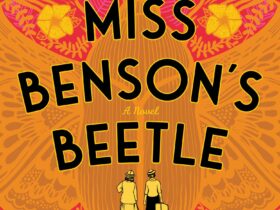




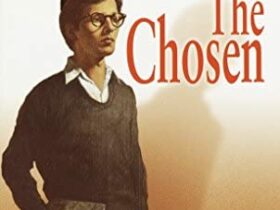
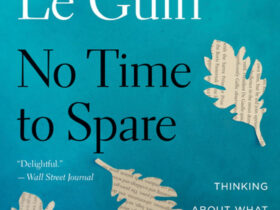



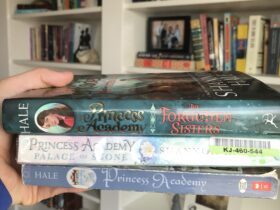
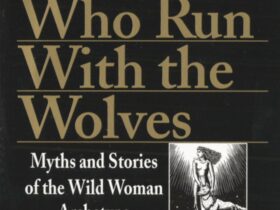





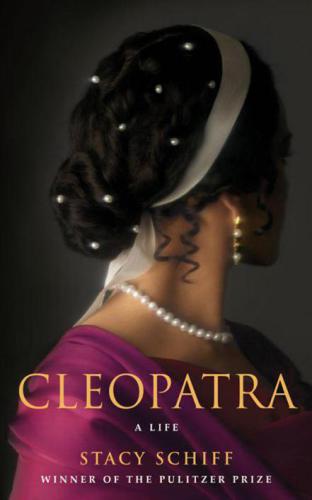



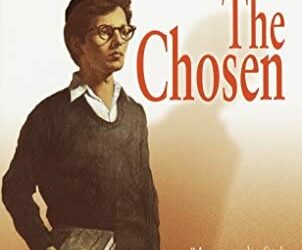
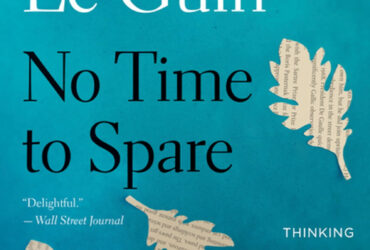
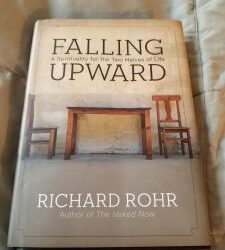

Leave a Reply